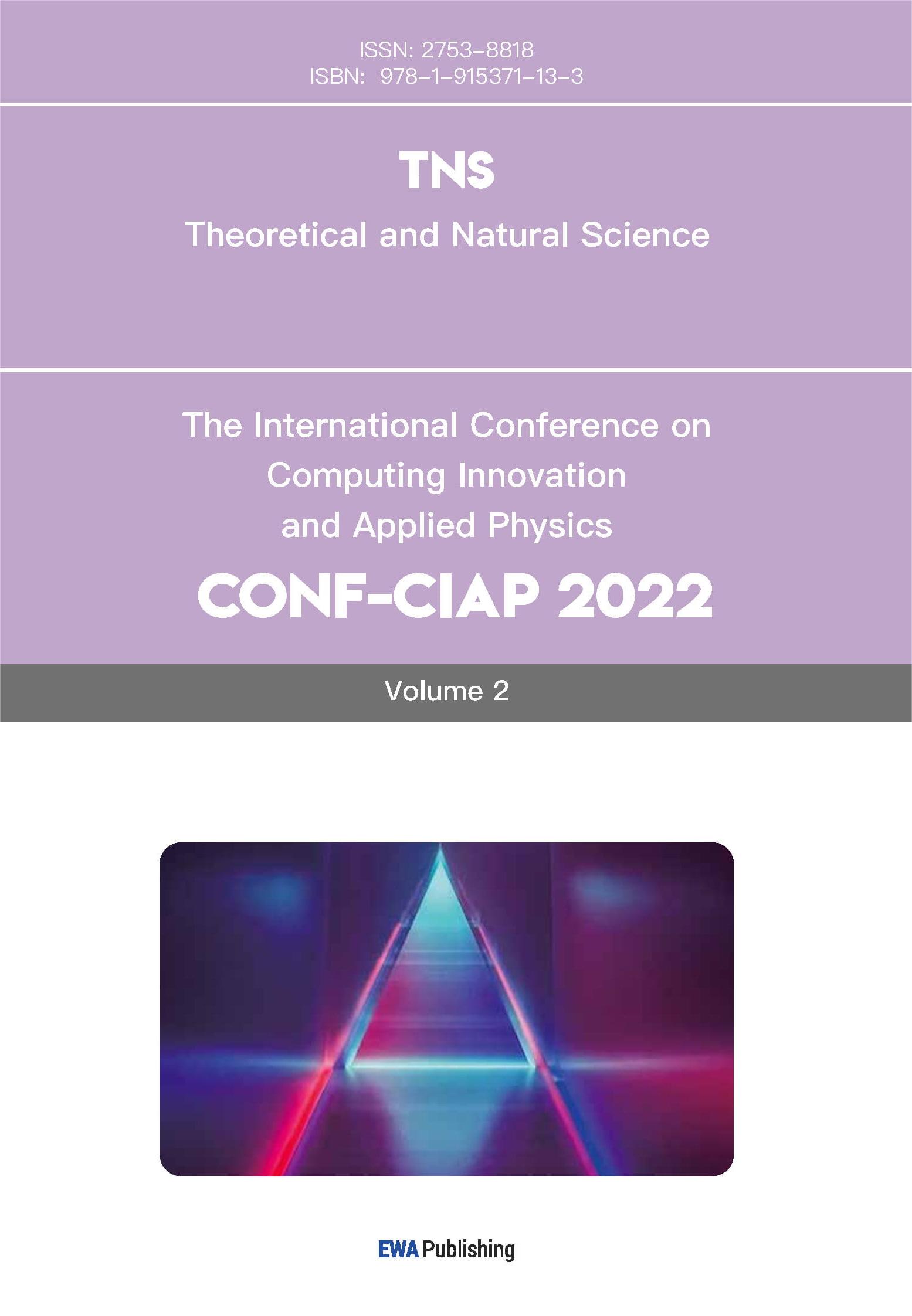References
[1]. Kiri, S., & Ryba, T. (2024). Cancer, metastasis, and the epigenome. Molecular cancer, 23(1), 154.
[2]. Bray, F., Laversanne, M., Sung, H., Ferlay, J., Siegel, R. L., Soerjomataram, I., & Jemal, A. (2024). Global cancer statistics 2022: GLOBOCAN estimates of incidence and mortality worldwide for 36 cancers in 185 countries. CA: a cancer journal for clinicians, 74(3), 229–263.
[3]. Zhang, Y., & Zhang, Z. (2020). The history and advances in cancer immunotherapy: understanding the characteristics of tumor-infiltrating immune cells and their therapeutic implications. Cellular & molecular immunology, 17(8), 807–821.
[4]. Pittet MJ et al. Clinical relevance of tumour-associated macrophages. Nat Rev Clin Oncol. 2022; 19: 402–21.
[5]. Mantovani A, et al. Tumour-associated macrophages as treatment targets in oncology. Nat Rev Clin Oncol. 2017; 14: 399–416.
[6]. Yang Q et al. The role of tumor-associated macrophages (TAMs) in tumor progression and relevant advance in targeted therapy. Acta Pharm Sin B. 2020; 10: 2156–70.
[7]. Kumari N et al. Tumor-associated macrophages in cancer: recent advancements in cancer nanoimmunotherapies. J Exp Clin Cancer Res. 2022; 41: 68.
[8]. Wei Li et al.Gastric cancer-derived mesenchymal stromal cells trigger M2 macrophage polarization that promotes metastasis and EMT in gastric cancer Cell Death & Disease 918 (2019)
[9]. Yubei He et al. The Effects of Hypoxia on the Immune–Metabolic Interplay in Liver Cancer Biomolecules. 2024 Aug 17; 14(8): 1024.
[10]. Sun, Y., Revach, O. Y., Anderson, S., Kessler, E. A., Wolfe, C. H., Jenney, A., Mills, C. E., Robitschek, E. J., Davis, T. G. R., Kim, S., Fu, A., Ma, X., Gwee, J., Tiwari, P., Du, P. P., Sindurakar, P., Tian, J., Mehta, A., Schneider, A. M., Yizhak, K., … Jenkins, R. W. (2023). Targeting TBK1 to overcome resistance to cancer immunotherapy. Nature, 615(7950), 158–167.
[11]. Yuan, J., Pan, J., Zhang, X. et al. TRIM21 reduces H1N1-induced inflammation and apoptosis by regulating the TBK1–IRF3 signaling pathway in A549 cells. Arch Virol 169, 74 (2024).
[12]. Alomari M. (2021). TRIM21 - A potential novel therapeutic target in cancer. Pharmacological research, 165, 105443.
[13]. Gago da Graça, C., Sheikh, A. A., Newman, D. M., Wen, L., Li, S., Shen, J., Zhang, Y., Gabriel, S. S., Chisanga, D., Seow, J., Poch, A., Rausch, L., Nguyen, M. T., Singh, J., Su, C. H., Cluse, L. A., Tsui, C., Burn, T. N., Park, S. L., Von Scheidt, B., … Utzschneider, D. T. (2025). Stem-like memory and precursors of exhausted T cells share a common progenitor defined by ID3 expression. Science immunology, 10(103), eadn1945.
[14]. Chen, Y. S., Aubee, J., DiVito, K. A., Zhou, H., Zhang, W., Chou, F. P., Simbulan-Rosenthal, C. M., & Rosenthal, D. S. (2015). Id3 induces an Elk-1-caspase-8-dependent apoptotic pathway in squamous carcinoma cells. Cancer medicine, 4(6), 914–924.
[15]. Li, Y., Ji, L., Liu, C., Li, J., Wen, D., Li, Z., Yu, L., Guo, M., Zhang, S., Duan, W., Yi, L., Bi, Y., Bu, H., Li, C., & Liu, Y. (2024). TBK1 is involved in M-CSF-induced macrophage polarization through mediating the IRF5/IRF4 axis. The FEBS journal, 291(23), 5214–5235.
[16]. Deng, Z., Loyher, P. L., Lazarov, T., Li, L., Shen, Z., Bhinder, B., Yang, H., Zhong, Y., Alberdi, A., Massague, J., Sun, J. C., Benezra, R., Glass, C. K., Elemento, O., Iacobuzio-Donahue, C. A., & Geissmann, F. (2024). The nuclear factor ID3 endows macrophages with a potent anti-tumour activity. Nature, 626(8000), 864–873.
[17]. Zhang, R., Shen, Y., Zhang, Q., Feng, X., Liu, X., Huo, X., Sun, J., & Hao, J. (2023). TRIM21-mediated Sohlh2 ubiquitination suppresses M2 macrophage polarization and progression of triple-negative breast cancer. Cell death & disease, 14(12), 850.
[18]. Guo Z, Li H, Han M, Xu T, Wu X, Zhuang Y. Modeling Sjögren's syndrome with Id3 conditional knockout mice. Immunol Lett. 2011; 135(1-2): 34-42.
[19]. Sakai M, Troutman TD, Seidman JS, et al. Liver-Derived Signals Sequentially Reprogram Myeloid Enhancers to Initiate and Maintain Kupffer Cell Identity. Immunity. 2019; 51(4): 655-670.e8.
[20]. Zhong Y, Macgregor-Das A, Saunders T, et al. Mutant p53 Together with TGFβ Signaling Influence Organ-Specific Hematogenous Colonization Patterns of Pancreatic Cancer. Clin Cancer Res. 2017; 23(6): 1607-1620.
[21]. Fornes O, Castro-Mondragon JA, Khan A, et al. JASPAR 2020: update of the open-access database of transcription factor binding profiles. Nucleic Acids Res. 2020; 48(D1): D87-D92.
[22]. Liu GH, Tan XY, Xu ZY, Li JX, Zhong GH, Zhai JW, Li MY. REEP3 is a potential diagnostic and prognostic biomarker correlated with immune infiltration in pancreatic cancer. Sci Rep. 2024 Jun 15; 14(1): 13834.



